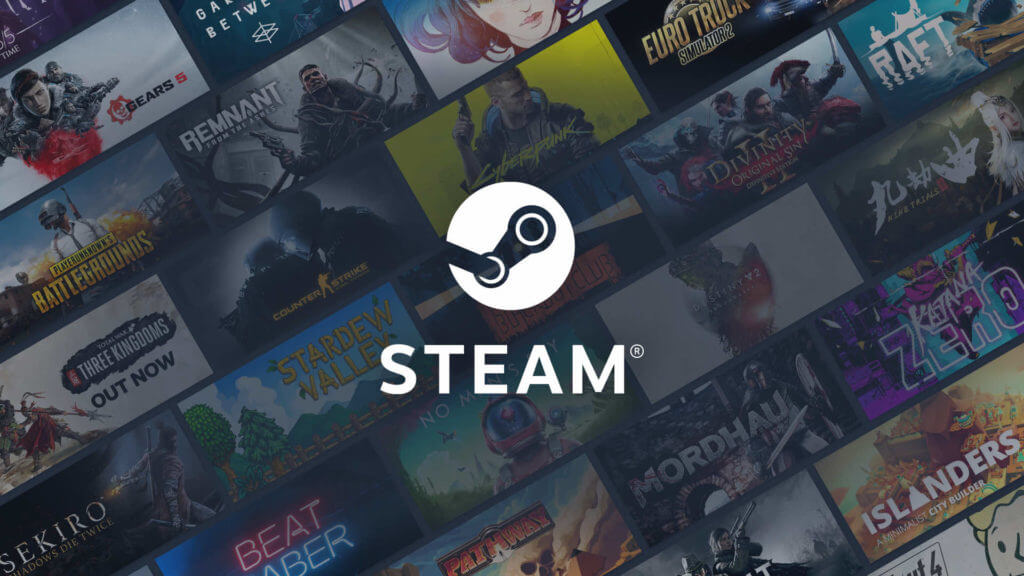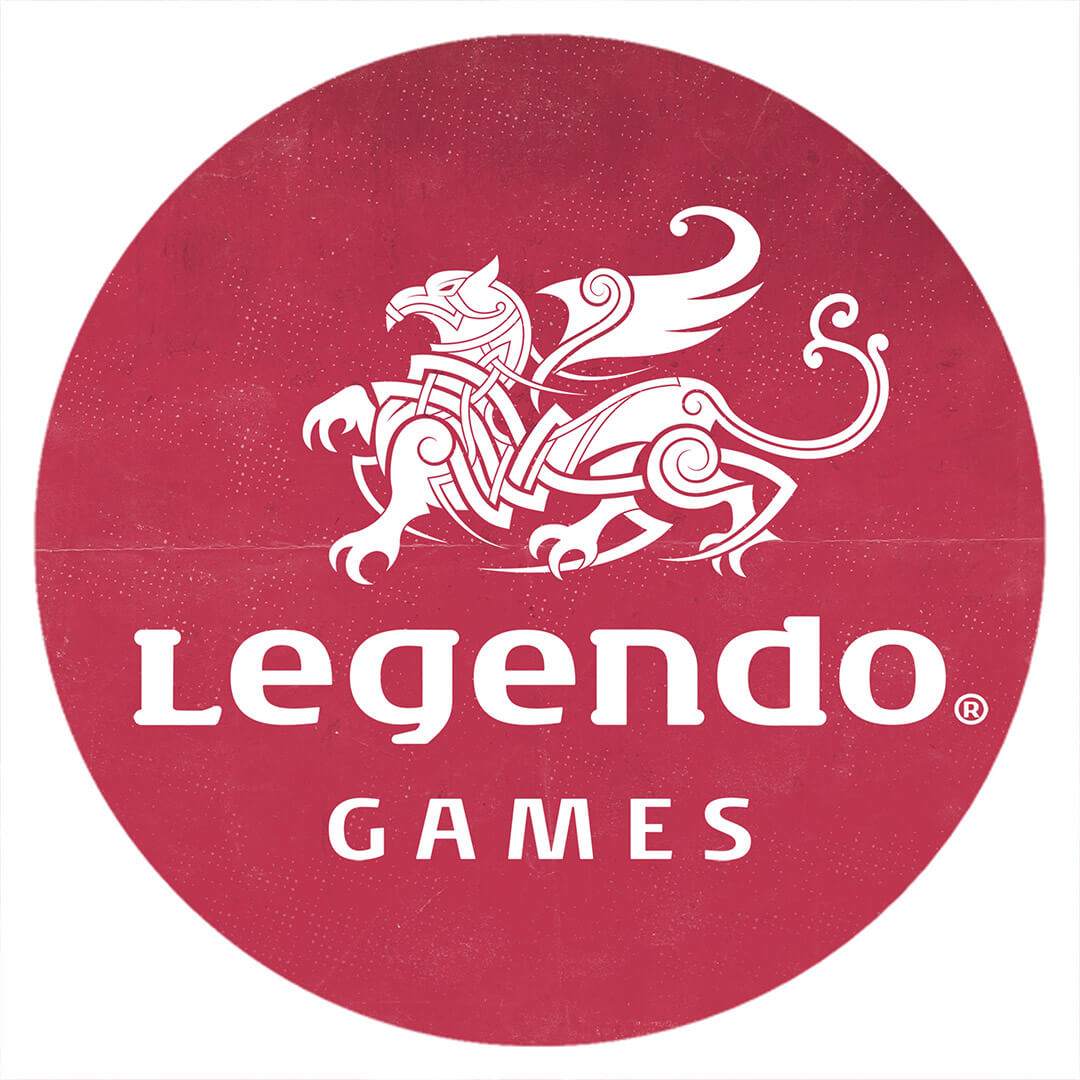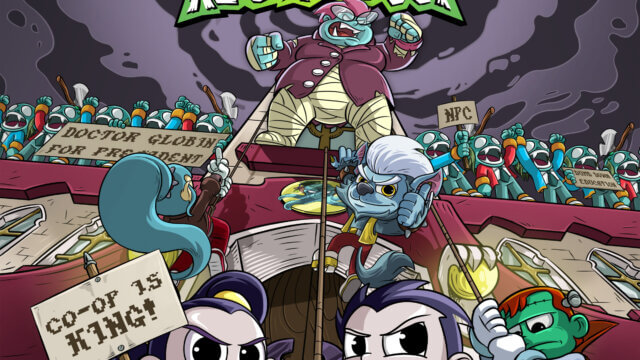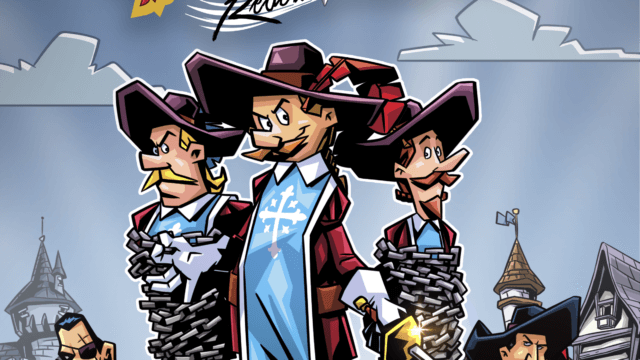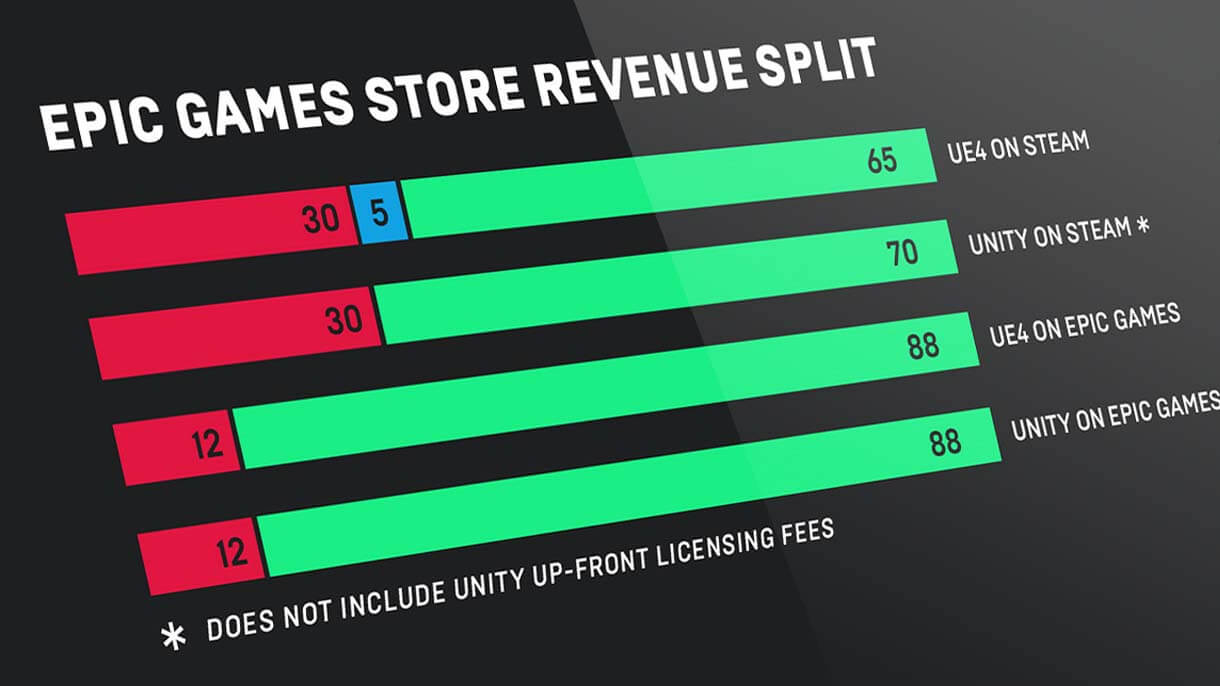
Game Marketing 101: Store Page Success
September 28, 2022 — How important is your game’s store page? The short answer is extremely important. But any amateur on the web can tell you that a store page is paramount when launching a video game. That said, perhaps you’d like to hear it from the perspective of an experienced publisher.
What is a Store Page?
In digital video game distribution, a store page is a dedicated webpage on a digital platform where players can learn about and purchase your game. Some examples of digital platforms with store pages include Steam, the PlayStation Store, the Xbox Store, the Nintendo eShop, and the Epic Games Store.
Developers looking for a competent publisher for all platforms, contact [email protected].
Passive Marketing Lets You Focus on Development
As a video game developer, you already know that the store page for your game is extremely important. But just how important is it, and why should you care? In this article, we’ll explore the role of a game’s store page in your overall marketing and promotion and offer some tips and strategies for making the most of this key asset. Your game’s store page is known as “passive marketing.” Once you’ve published it and made a few tweaks, you can focus on actual development until launch day. Occasionally, you may revisit your store page to update artwork and copy, post a development update, or interact with fans and potential customers through various discussion boards and community systems.
It is Just a Page, Right?
Nope, your game’s store page is a vehicle. That vehicle leads you to greater success and visibility on any distribution platform. Unlike majors like Activision, Rockstar Games, or Ubisoft, smaller studios typically don’t have a multi-million-dollar marketing budget. What all game developers have in common, though, is that long after any marketing budget is through, store pages tend to become their only sales and marketing asset. This is as true for indies as it is for the big boys.
Make a good first impression: Your store page is the first thing many players will see when they encounter your game, so focus on the look. Make sure your store page is professional and visually appealing, with clear and concise copy that accurately conveys what your game is about.
As a small, independent developer, your store page is much more important than for an established publisher or studio. Most big-name teams already have a consumer base and marketing budget to funnel players to their store pages. They are often maintained in-house and updated regularly while overlooked by an Editor in Chief and content teams.
Unlike large developers, you will devote time to updating and improving your store page as development occurs. If you are soft-launching in Steam Early Access or Xbox Game Preview, posting regular development updates and interacting with the community is essential to continuously promote your game and show the world that you care (none of which would be possible without a store page.)
Tips for Making the Most of Your Store Page
So, how can you make the most of your game’s store page? Here are a few tips to keep in mind:
- Make a good first impression: Your store page is the first thing many players will see when they encounter your game, so focus on the look. Make sure your store page is professional and visually appealing, with clear and concise copy that accurately conveys what your game is about.
- Use high-quality media: Players will be more likely to purchase your game if they can get a good sense of what it looks and plays like. Include a variety of high-quality screenshots and videos on your store page to give players a taste of what your game has to offer. Steam allows GIFs to be embedded in a store page. The resulting visual activity can increase your wishlist stats considerably.
- Keep your page up-to-date: Your store page should be a living, breathing entity that evolves as game development progresses. Make sure to update with new media regularly, development notes, and other relevant information to keep players engaged.
Once a major developer’s marketing budget dries up, the store page remains. This is as true for indies as it is for the big boys — small and big games flatline after some time, and at that point, refreshing and pushing your store page will get you away from the red ocean of store page marketing and PR.
A Closer Look at Steam Wishlists
On Steam, your store page’s goal should be to entice players to wishlist your game over the competition. The wishlist is an essential feature for an indie developer. When you launch, anyone who added your game to their wishlist will receive an email. Upon receiving the launch announcement from Steam, they are far more likely to buy your game if (a) they remember it exists and (b) if you beat out the competition for their attention.
It is the whole point of launching your game’s store page up to one year early on the platform. One year? That’s right; for independents, you must launch your store page one year in advance or even earlier. You may also want to time your Early Access release to early in the year, say January or February, to make your game appear “new” for a longer period — much of marketing is perception and psychology — most of us humans are not rational beings.
Wishlisting impacts how well your game will perform
According to a developer’s post from 2018 on Gamasutra, one wishlist entry equates to, on average, around 0.5 sales. So, if you have 10,000 users who wishlist your game, you will likely receive about 5,000 sales from them under optimal conditions. Not too shabby! But again, there is never any guarantee. Ever.
So, to put things plainly: As an independent developer, the entire point of a Steam store page for your upcoming game is to garner wishlist additions before release and to funnel long-tail sales and passive marketing long after your title’s launch.
Your game’s storage page should be a top priority early on, regardless of platform. If your page is updated and looks exceptional, it helps if proper localization is in place for major markets like Germany, France, Spain, and Poland to name a few.
Developers looking for a competent publisher for all platforms — we can handle Xbox, PlayStation, Nintendo, macOS, Steam, and Epic Games Store — contact [email protected].
